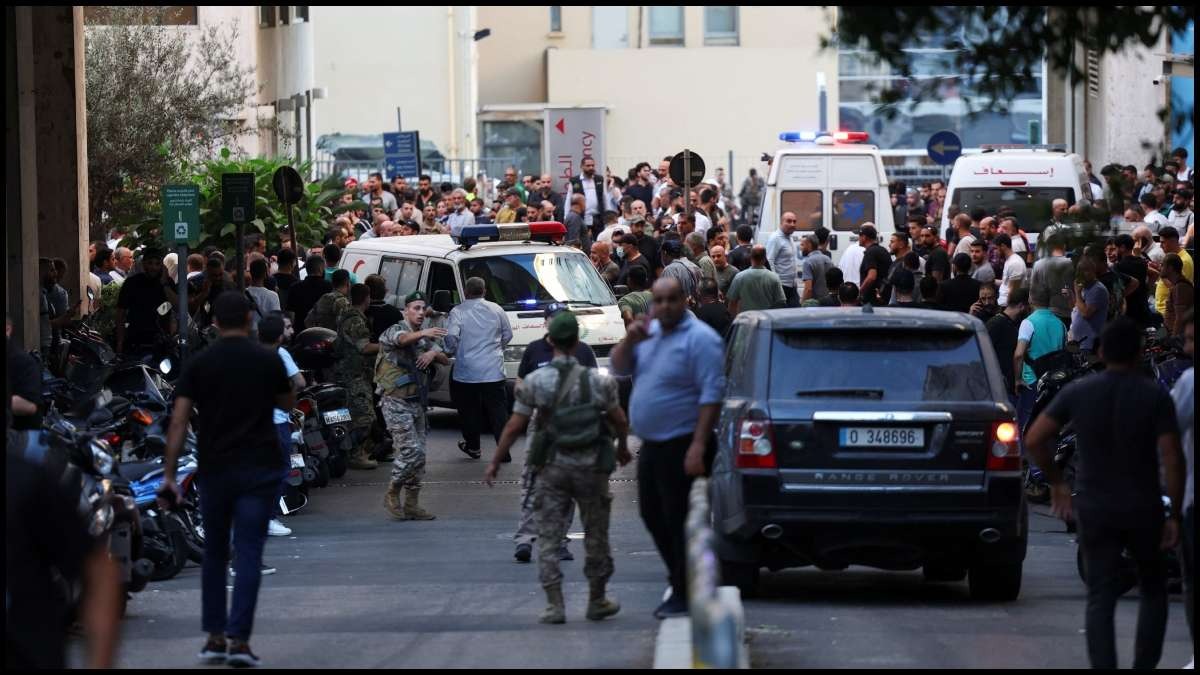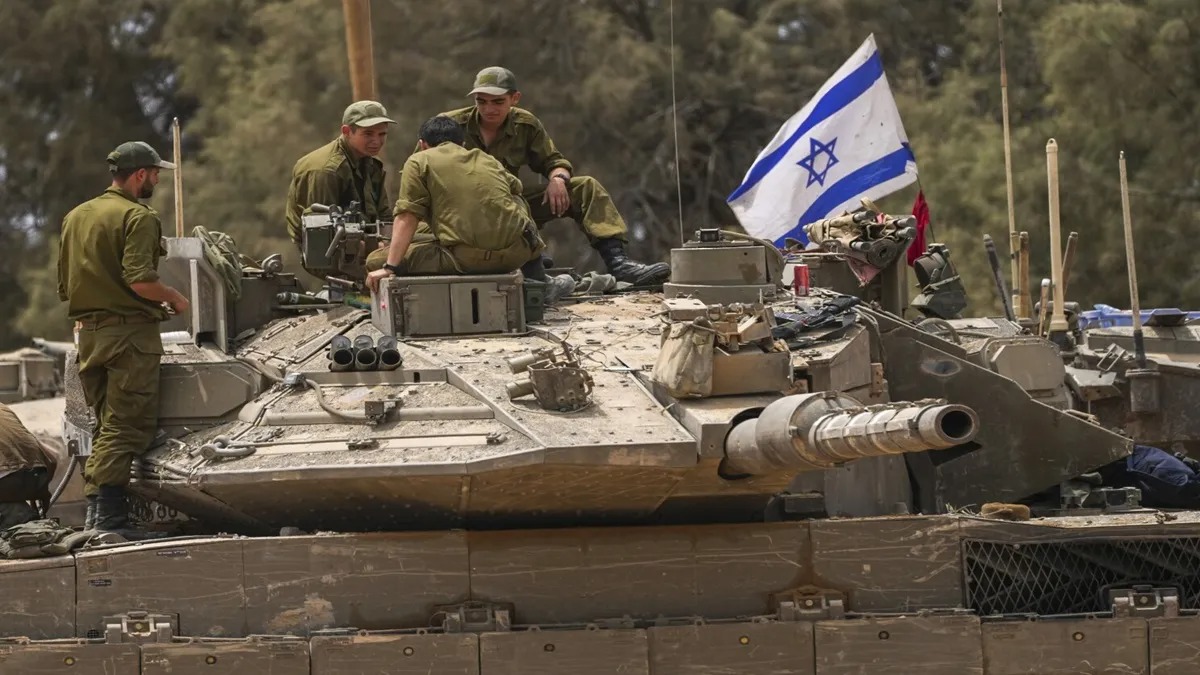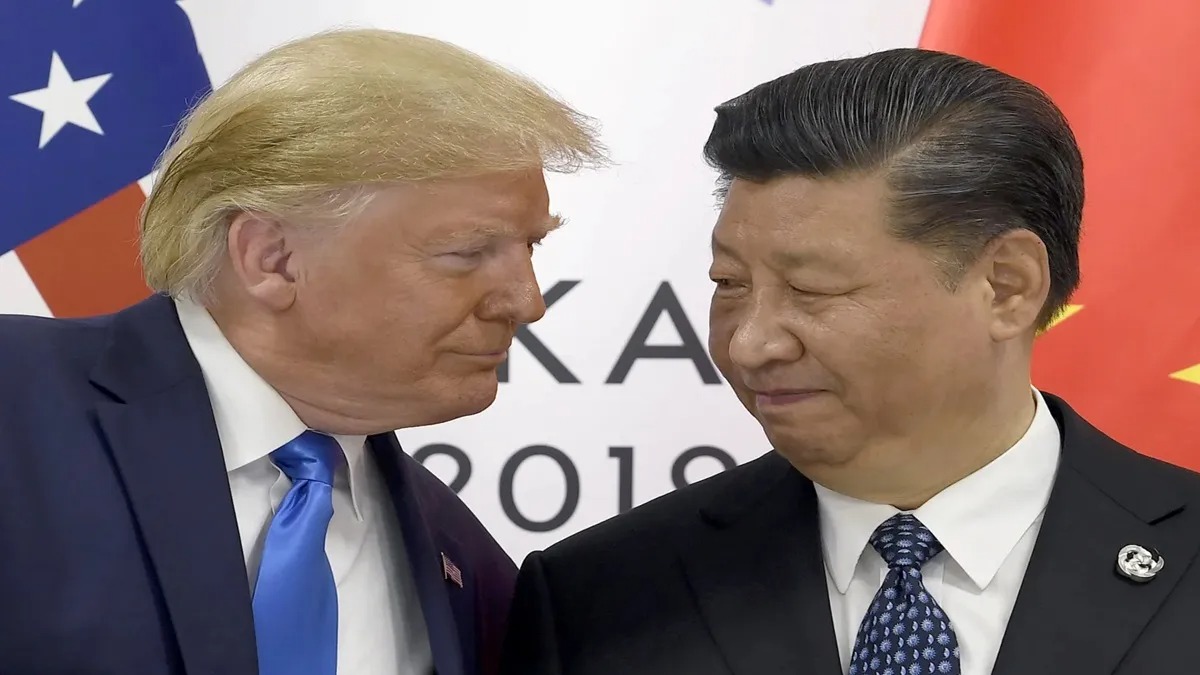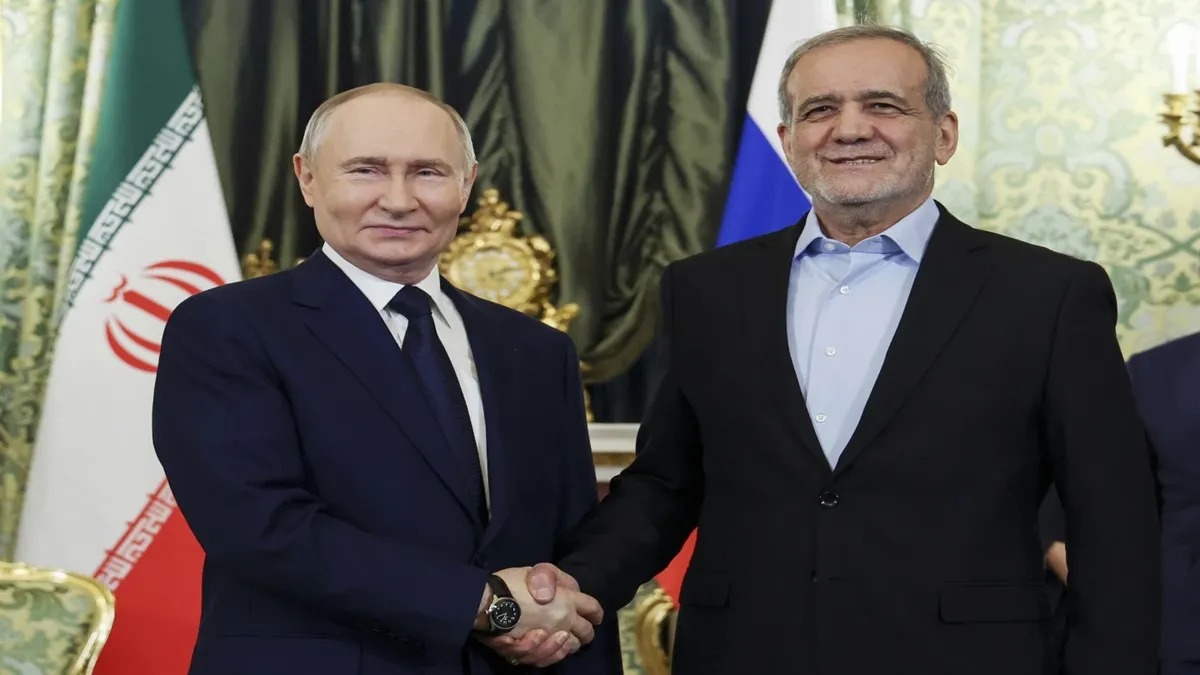
International: In a 'crazy' new manner of technological warfare, thousands of pagers exploded across Lebanon on Tuesday, killing nine people and injuring nearly 3,000 members of the Lebanese armed group Hezbollah, including fighters and medics, and Iran's envoy to Beirut. A senior Lebanese security source and another source told Reuters that Israel's Mossad spy agency planted a small amount inside 5,000 Taiwan-made pagers ordered by Hezbollah months ago.
Multiple media reported that the thousands of pagers exploded after receiving a "cryptic message". If the claims were true, it would be the most advanced warfare against the Hezbollah group. A Hezbollah official, speaking on condition of anonymity, said the detonation of the pagers was the "biggest security breach" the group had been subjected to in nearly a year of war with Israel.
Hezbollah has blamed Israel for the pager blasts and promised that it will get 'its fair punishment', according to a statement released by the militant group on Tuesday. There was no immediate comment from the Israeli military about the detonations. It was also reported that Hezbollah chief Hassan Nasrallah was harmed in the spree of pager blasts, but a senior source refuted the reports.
How did Israel install explosives in pagers?
Several sources told Reuters that the plot to install explosives in Taiwan-made pagers had been several months in making. The senior security source said Hezbollah had ordered 5,000 beepers made by Taiwan-based Gold Apollo, which several sources say were brought into the country in the spring.
The senior Lebanese security source identified a photograph of the model of the pager, an AP924, which like other pagers wirelessly receives and displays text messages but cannot make telephone calls. They are used by the Hezbollah group to shield their communications from being intercepted by Israel's military forces, two sources familiar with the group's operations told Reuters this year.
"The Mossad injected a board inside of the device that has explosive material that receives a code. It's very hard to detect it through any means. Even with any device or scanner," the source said. The source said 3,000 of the pagers exploded when a coded message was sent to them, simultaneously activating the explosives.
Another security source told Reuters that up to three grams of explosives were hidden in the new pagers and had gone "undetected" by Hezbollah for months. "This would easily be the biggest counterintelligence failure that Hezbollah has had in decades," said Jonathan Panikoff, the former US deputy national intelligence officer on the Middle East.
'Biggest security breach'
Without commenting directly on the explosions in Lebanon, an Israeli military spokesman said the chief of staff, Major General Herzi Halevi, had met with senior officers on Tuesday evening to assess the situation. No policy change was announced but "vigilance must continue to be maintained", he said. Hezbollah earlier confirmed in a statement the deaths of at least two of its fighters in the explosions and said it was conducting an investigation into their causes.
Photos and videos from Beirut’s southern suburbs circulating on social media and in local media showed people lying on the pavement with wounds on their hands or near their pants pockets. Hezbollah leader Hassan Nasrallah previously warned the group’s members not to carry cellphones, saying that they could be used by Israel to track their movements and to carry out targeted strikes.
The incident comes at a time of heightened tensions between Lebanon and Israel. The Lebanese militant group Hezbollah and Israeli forces have been clashing near-daily for more than 11 months against the backdrop of war between Israel and Hezbollah ally Hamas in Gaza. The clashes have killed hundreds in Lebanon and dozens in Israel and displaced tens of thousands on both sides of the border.
--Advertisement--

 Desk
Desk Share
Share






